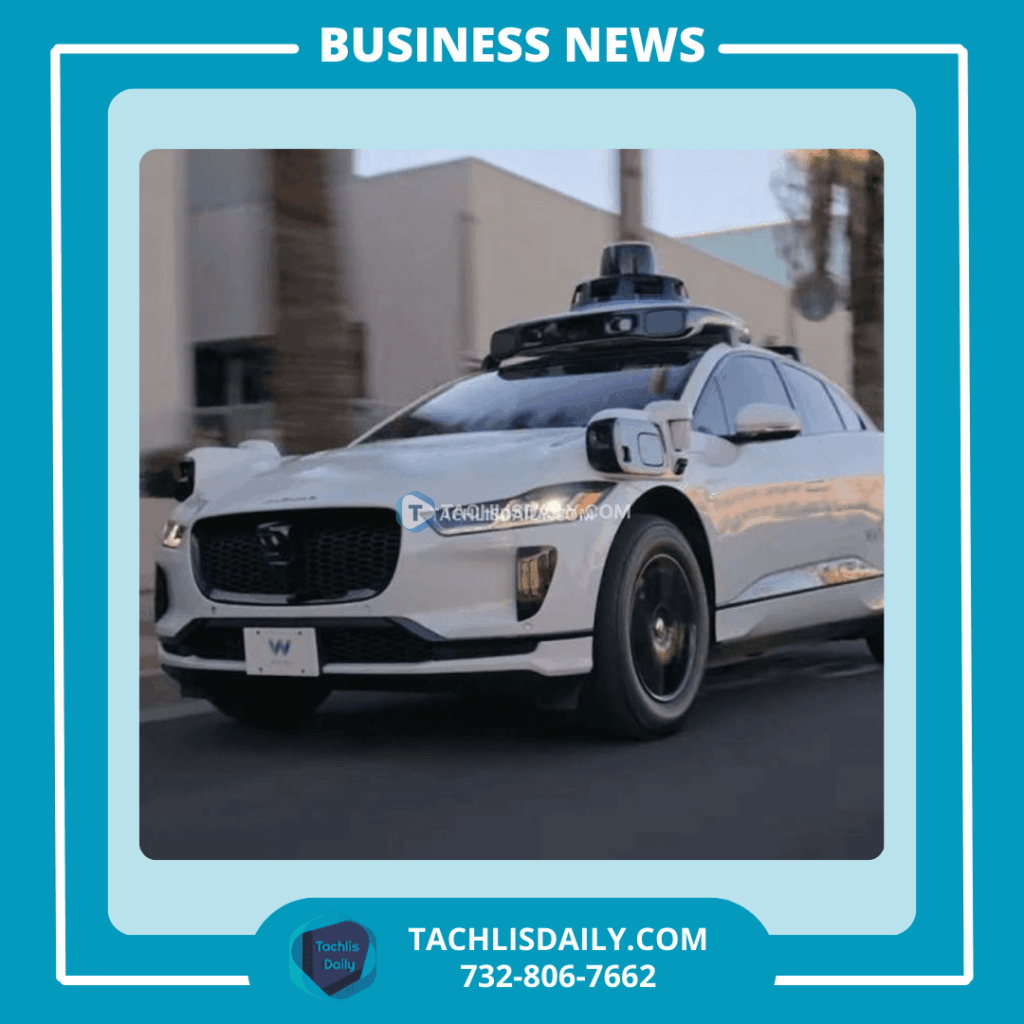Alphabet’s autonomous driving division, Waymo, has reached a valuation exceeding $45 billion following a recent influx of $5.6 billion in funding. This latest investment round, led by Google-owned Alphabet with participation from outside investors, comes as Waymo expands its Waymo-One robotaxi service. The company currently offers autonomous ride-hailing in San Francisco, Los Angeles, Phoenix, and additional cities, completing more than 150,000 paid trips weekly. Recent developments also include an extended partnership with Uber, through which Waymo plans to introduce its driverless service to new markets such as Austin and Atlanta. Additionally, Waymo has made strides with its freeway operations, conducting fully autonomous runs in Phoenix and San Francisco, with ongoing tests in Buffalo, New York, and Washington, DC.
Despite this growth, Waymo has faced setbacks, including safety incidents that have impacted public perception. Earlier in the year, a Waymo robotaxi struck a cyclist in San Francisco, though the injuries were reportedly minor. Nonetheless, the backing of Alphabet has been a significant factor in Waymo’s continued advancement, with Alphabet adding $5 billion to the project in June. Alongside Alphabet’s other ventures, Waymo is a key part of the “Other Bets” portfolio, which also includes companies like Verily, Alphabet’s healthcare unit that brought in $388 million in revenue in the recent quarter.
Waymo’s co-CEOs Tekedra Mawakana and Dmitri Dolgov confirmed that key investors, including Andreessen Horowitz, Fidelity, Perry Creek, Silver Lake, Tiger Global, and T. Rowe Price, participated in the latest funding round. The robotaxi industry remains competitive, with Tesla recently announcing its own self-driving robotaxi, the Cybercab. Though Tesla’s ride-hailing service currently employs safety drivers, the company is looking to expand its autonomous offerings. Waymo’s new capital and partnerships signal a determined push toward wider deployment, despite industry competition and the complexities of self-driving technology.











